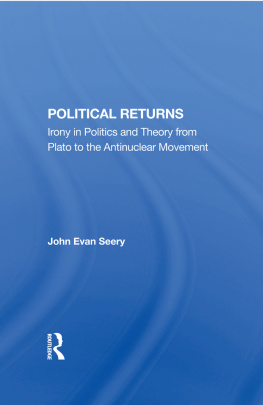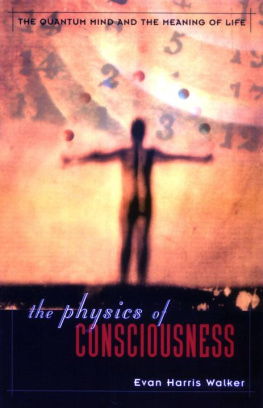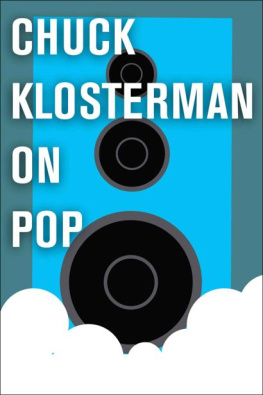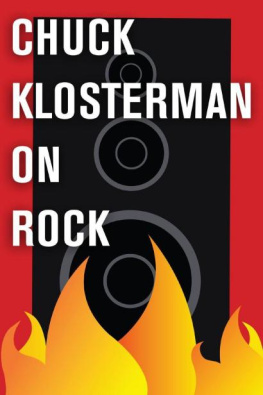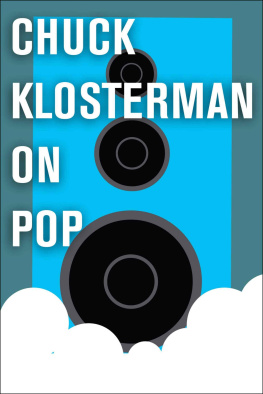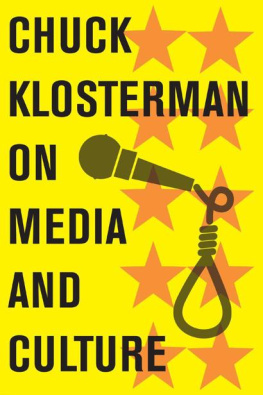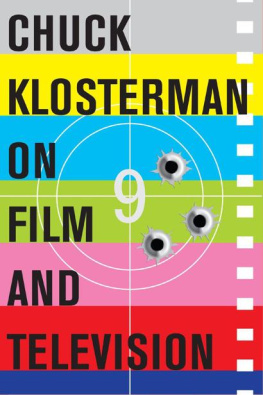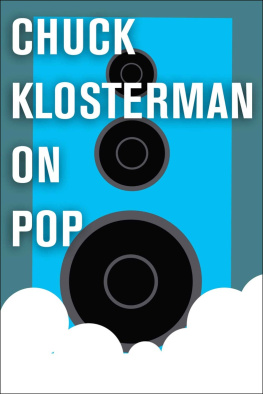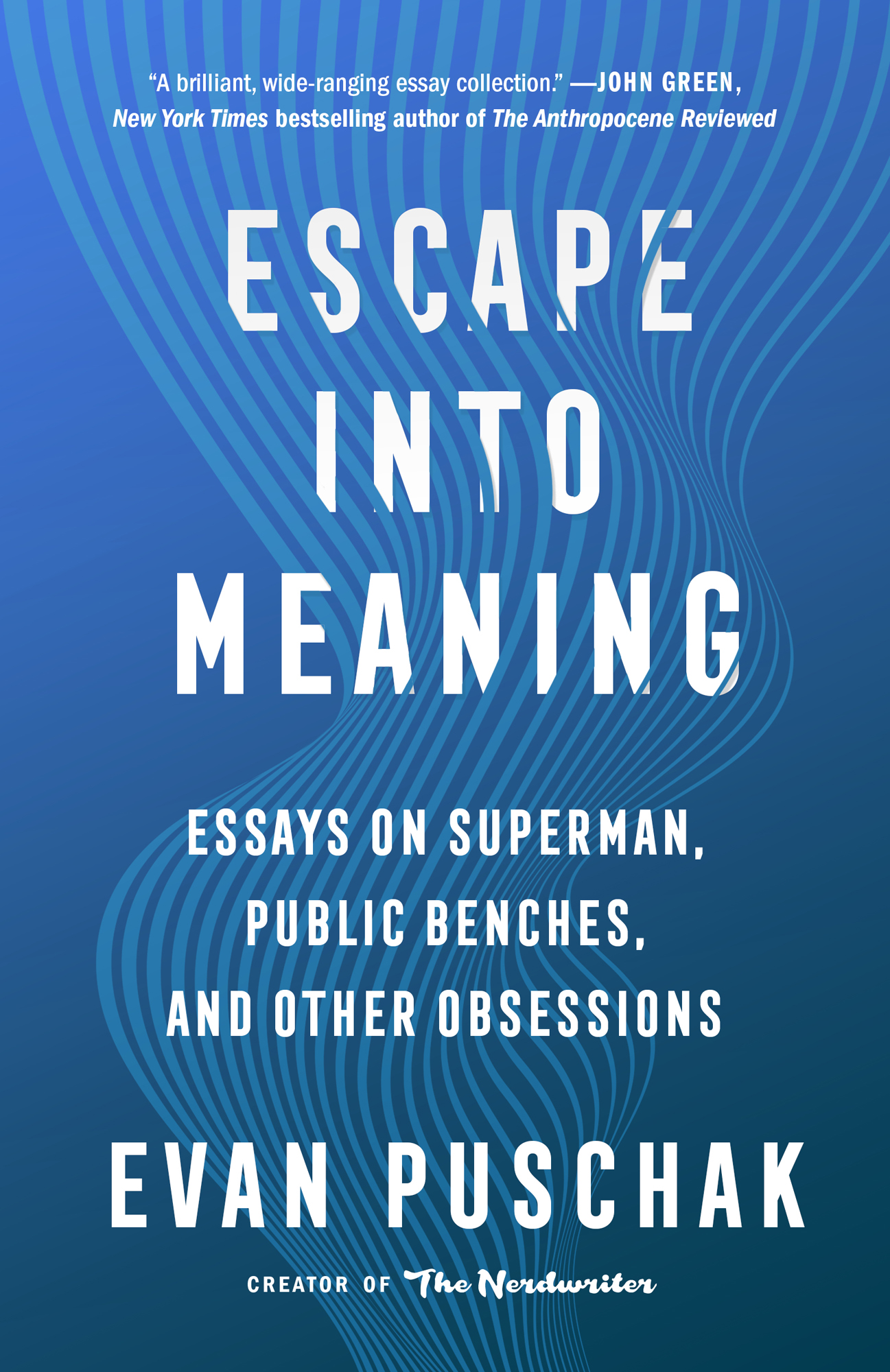Contents
Guide
A brilliant, wide-ranging essay collection.John Green, New York Times bestselling author of The Anthropocene Reviewed
Escape into Meaning
Essays on Superman, Public Benches, and Other Obsessions
Evan Puschak
Creator of The Nerdwriter
For Lissette
One always sees the soul through words.
Virginia Woolf, from her diary
EMERSONS MAGIC
Growing up in the middle-class Philadelphia suburbs, I always had the impression that education wasnt about education. If you learned something in school, great, but that wasnt the point. The point of school was to get good grades, and the point of good grades was to get into a good college, and the point of a good college was to get a good job, and the point of a good job was some or maybe all of the following: (a) to make money; (b) to be happy; (c) to be independent and not live at home; (d) to seem desirable to potential romantic partners; (e) to not be the type of person your parents are embarrassed by when theyre at a dinner party and everyone is talking about their kids. The path splintered after you finally landed a job, but when I was young that seemed a lifetime away. Before then, everything was linear and clearly checkpointed. The critical thing was to cross those checkpoints, and education was just the means to do that, not an end in itself.
At least thats how it felt to me. Thats what the messaging in my world sounded like. I heard it from my parents, teachers, tutors, administrators, even students. It wasnt usually explicit. Nobody said my GPA was more important than a familiarity with algebra or American history. Thats the kind of cynicism we dont say aloud. But the implication was there, beneath all the lip service paid to expanding our minds, in the way an A+ was celebrated and rewarded, in the schools ranking of students, in how standardized tests like the SAT boiled you down to a number. As children, were subject to so much ludicrous authority that we become experts on it. We learn exactly what our world wants from us, so we can appease it and get back to the stuff we really want to do, like Super Mario Bros. 3. Did my world want me to know the significance of irony in Pride and Prejudice? The atomic structure of various metals? Roman emperors? Not really. It wanted good report cards.
So I obliged. My grades werent great, but they were good enough, and good enough is all a relatively privileged kid has to be. I did the least amount of work necessary to cross the checkpoints and not be a disappointment to my family. This meant cramming and regurgitating info for tests, instead of actually absorbing knowledge. It meant copying a friends homework in the hallway before class. It meant reading the CliffsNotes rather than the books. It meant crib sheets hidden in a sleeve or saved on a TI-83 calculator. Why should I have felt any compunction about cheating? My world placed a much greater value on good grades than it did on moral principles. And whats so moral anyway about a system that selects for good test-takers, while leaving plenty of intelligent and talented students behind? No, secondary education didnt feel like education, and high school didnt feel like school. It felt like a recruitment camp, where you had to persuade gatekeeping institutions to award you an opportunity everyone deserves. Ends twisted as that justified whatever means.
This is not to say I had bad teachers or went to bad schools. Some of my teachers were extraordinary, like Mr. Leventhal in eighth-grade English and Mrs. Bienkowski in twelfth-grade economics. They all, I think, sincerely wanted to teach, to pass on knowledge to their students, to help us think critically. (They couldnt have been in it for the money.) But warped systemic incentives can prevail over the good intentions of smart and generous people. Learning is not the chief goal of most American schooling. The chief goal is turning out graduates. And those two things are not the same.
Maybe the system we have now is better than the alternatives. I hope not, but I dont know how to fix it, so I should probably leave the indictments to those who do. All I know is how it made me feel. When I finally crossed the college checkpoint and arrived at Boston University in 2006, a school perfectly good enough for my parents, I was a deeply uninspired person, trained to view education as a game, not a source of joy or fulfillment. I enrolled as a film major because I had fun making silly videos with friends. Beyond that, my interests were limited to comic books and thats all.
It was hard to shake that cold and strategic view of learning. At first, I treated college the same as I treated high school, riding the momentum of thinking one way for a dozen years. But after a semester, an aimlessness began to gnaw at me. I still had the job checkpoint ahead, but it didnt motivate with the same fear as earlier ones. In high school, everything matters: tests, papers, homework, participationall of it contributes to your grade, which contributes to your GPA. If I brought home a C+, I was in deep shit, and my parents were lax compared to some. In college, grades didnt carry the same weight. If I had been studying medicine or law, they would have, but I was a film major. No one was going to look at my transcripts ever again. Once I realized that, the Cs opened and rushed forth in great waves. I stopped cramming, stopped buying overpriced textbooks, stopped doing homework. I stopped caring about grades and points and averages.
And I started to learn.
Its amazing how different a class becomes when youre not spending all your time scrawling notes, trying to sort out what will or wont be relevant to some future exam. I recommend it. Take nothing to class but yourself. Listen, ask questions, absorb, have fun. When the test comes, try your best. All you need is a D not to fail out of college. (DISCLAIMER: Do not take this course of action if you are studying the aforementioned law or medicine, or have an interest in going to grad school of any kind. Study for the tests, take the notes, have as little fun as possible.)
When I removed the unnecessary stress, I learned how valuable school can be. So many of my professors at BU were obsessed with their subjects, and that enthusiasm was infectious. I became fascinated by things that were never even on my radar. Hell, I declared an archaeology minor thanks to one randomly chosen course about the antiquities trade that turned out to be enthralling. If I could go back, Id cut out most of the film stuff and take a bunch of liberal arts classes instead: history and literature and economics and sociology. Imagine the great professors who passed me by. Imagine the obsessions that could have been
Discovering a love of learning felt like a rebirth. That nagging sense of pointlessness yielded to a promise of substance in every direction. The world lit up with questions, and questions generated questions. Its an exhilarating and terrifying experience to walk the road of your ignorance. Learning, you learn, is not really a process of expanding your mind, but of watching it shrink against all there is to know. Its humbling but addicting. I followed that addiction into a new life, free from GPA anxiety, off the checkpointed path. It made college more enriching, but it went beyond that. Reading no longer felt like a chore. I hopscotched from book to book, chasing enthusiasms that moved faster than I could. I found new passions and complex ideas and finer shades of meaning. Then I found Ralph Waldo Emerson in the Barnes & Noble in Kenmore Square, on the edge of campus, under the CITGO sign.



